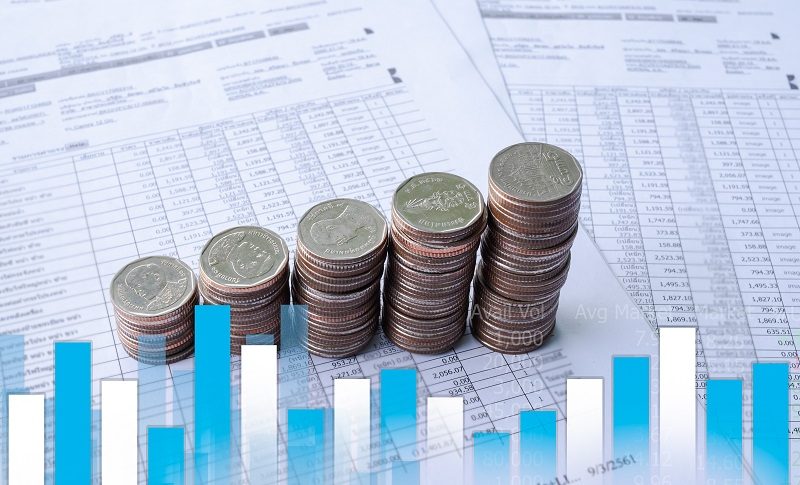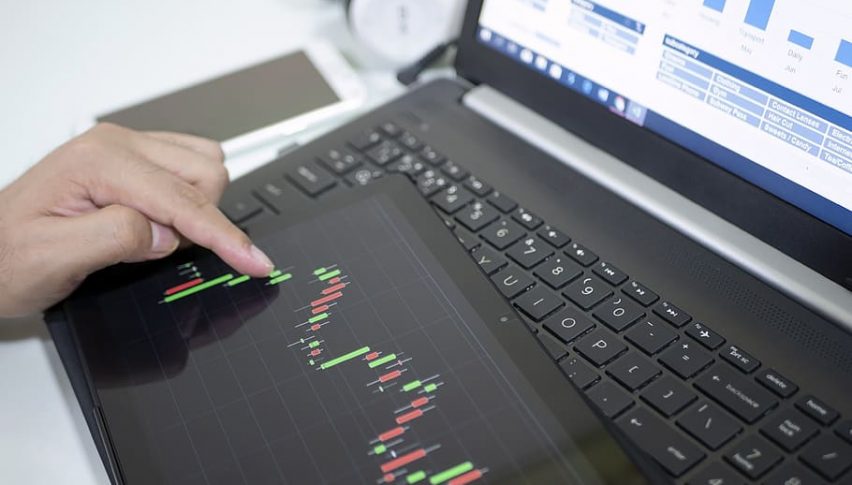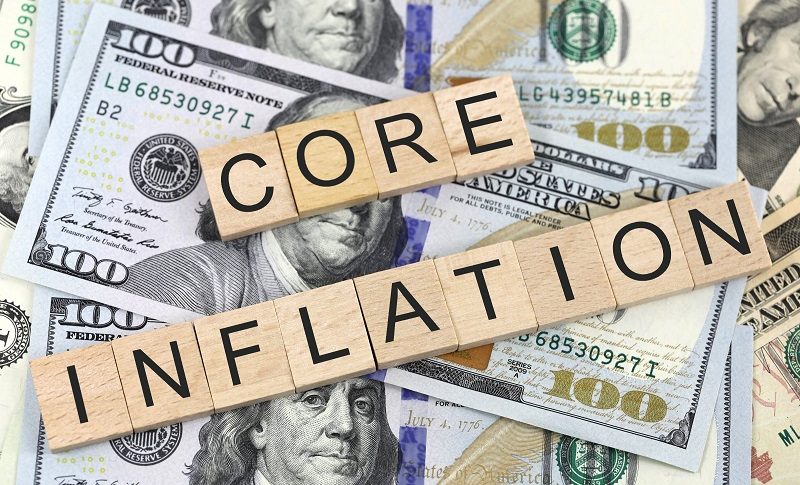Financial Entry to the Forex Market
Retail forex trading has gained popularity in the financial world, but traders should take some precautions into consideration

While the Forex market opened up to the public in 1996, trading has only grown in popularity in the past decade, as more and more people are thinking about how their money can work for them outside of traditional savings and investments. While trading can be volatile and wins aren’t guaranteed, there is some worthwhile potential to be tapped into. This leads an array of potential users to question the typical financial entry into Forex trading and how to maximise profit potential regardless of their budget.
What is the ideal starting fund for Forex trading?
One of the first things to consider when getting started with Forex is the amount of cash you will need for the potential profits to be worthwhile. In the current market, you could begin trading with as little as $50-$100, but this doesn’t mean that you’ll make a significant profit with this initial outlay. There are a lot of factors to keep in mind when both beginning and being successful with trading, so it can be more worthwhile to balance the risks vs rewards in terms of budget to ensure you don’t waste your time and effort.
A general rule of thumb for beginners is to start with 1% of your account’s balance per trade (and never risk more than 3%). If you have $2000, the maximum amount you should put forward is $20 a position – and it can be worthwhile to practice risk management, in this case setting a stop loss order at 20 pips. Working from the industry average of 1.5:1.0 profitability ratio, traders will experience an average profit of $10 per trade. If you execute 5 successful trades in a day (assuming you are using a day trading strategy), your profits outside of commissions will equate to $50 per day.
While this may sound attractive, don’t forget that you won’t be successful in every trade you place; in fact, around 40% of all trades will be losses.
Risk management
When it comes to risk management, stop-loss orders are going to be the most important tool in your arsenal when determining the financial entry point for Forex trading. This is because your profits will be determined by the value you set per trade and this will be dependent on the funds held within your trading account. That means that you’ll want to not only gain as many successful trades as possible, but also to limit what goes out of your account (or your losses). With this in mind, it can be worthwhile to have a fixed number of pips set for your stop-loss order for every trade you make.
Many Forex traders run the risk of trading emotionally and not closing positions in the hopes of a market swing in their favour no matter how great the losses are becoming, so having an automated close for around 100 pips will help to protect the amount you stand to lose.
Key considerations when trading Forex
As there is a $1.6 trillion average daily turnover in UK in Forex, there is money to be made, but it’s no secret that the more you put in, the more you’ll be likely to get back out. Most trading platforms will require a set deposit amount to open an account (which will vary between providers) and you will need to ensure you stay in credit to keep it open. Don’t forget to factor in charges and trade commissions when defining your starting budget.
It will be a good idea to think about your trading needs before you begin. If you are hoping to make a little extra income per month, the outlay will be lower than if you’re looking to replace your day job (which isn’t as simple an option as you may first think). Your trading style and strategy should also factor into the amount you set aside to trade.
As mentioned above, when making the most of the money you put in, your risk management strategy will play a key role. As losing trades can often be larger than profitable ones, minimising how much you stand to lose can help to keep your overall financial gains up.
When trading Forex, many individuals make the mistake of sticking with small trades and a minimum account amount as they gain experience, but if you don’t increase your efforts over time, you may lose initiative and quit trading before you have a real chance of success.
With this in mind, Forex trading success won’t happen overnight, but the good news is that you will have the ability to make more educated trades with the experience you gain. Forex isn’t a get-rich-quick scheme and individuals will have a better chance of achieving their goals if they go in with the mindset of hard work over making fast cash.
- Check out our free forex signals
- Follow the top economic events on FX Leaders economic calendar
- Trade better, discover more Forex Trading Strategies
- Open a FREE Trading Account


